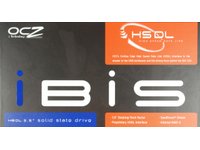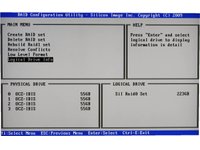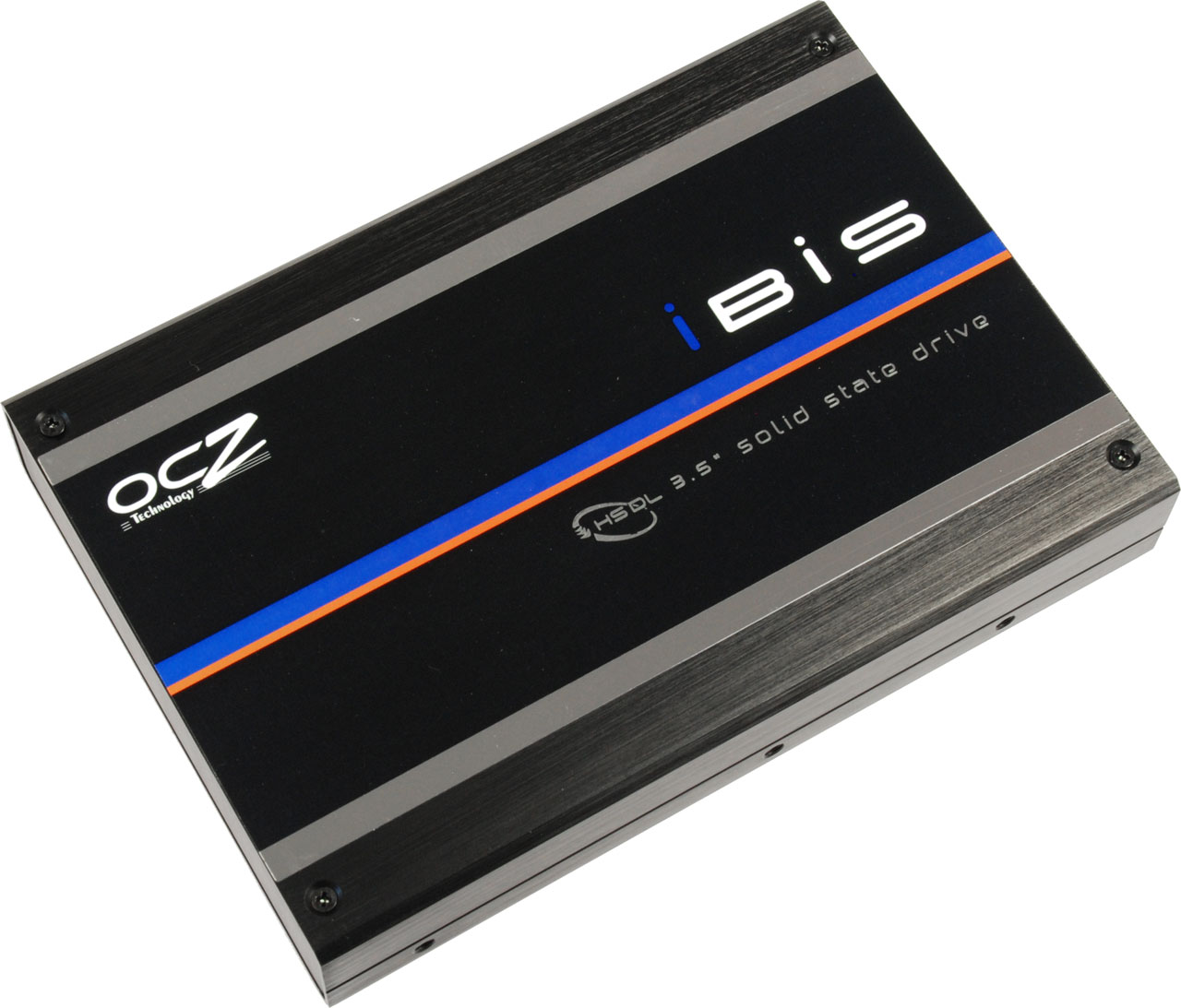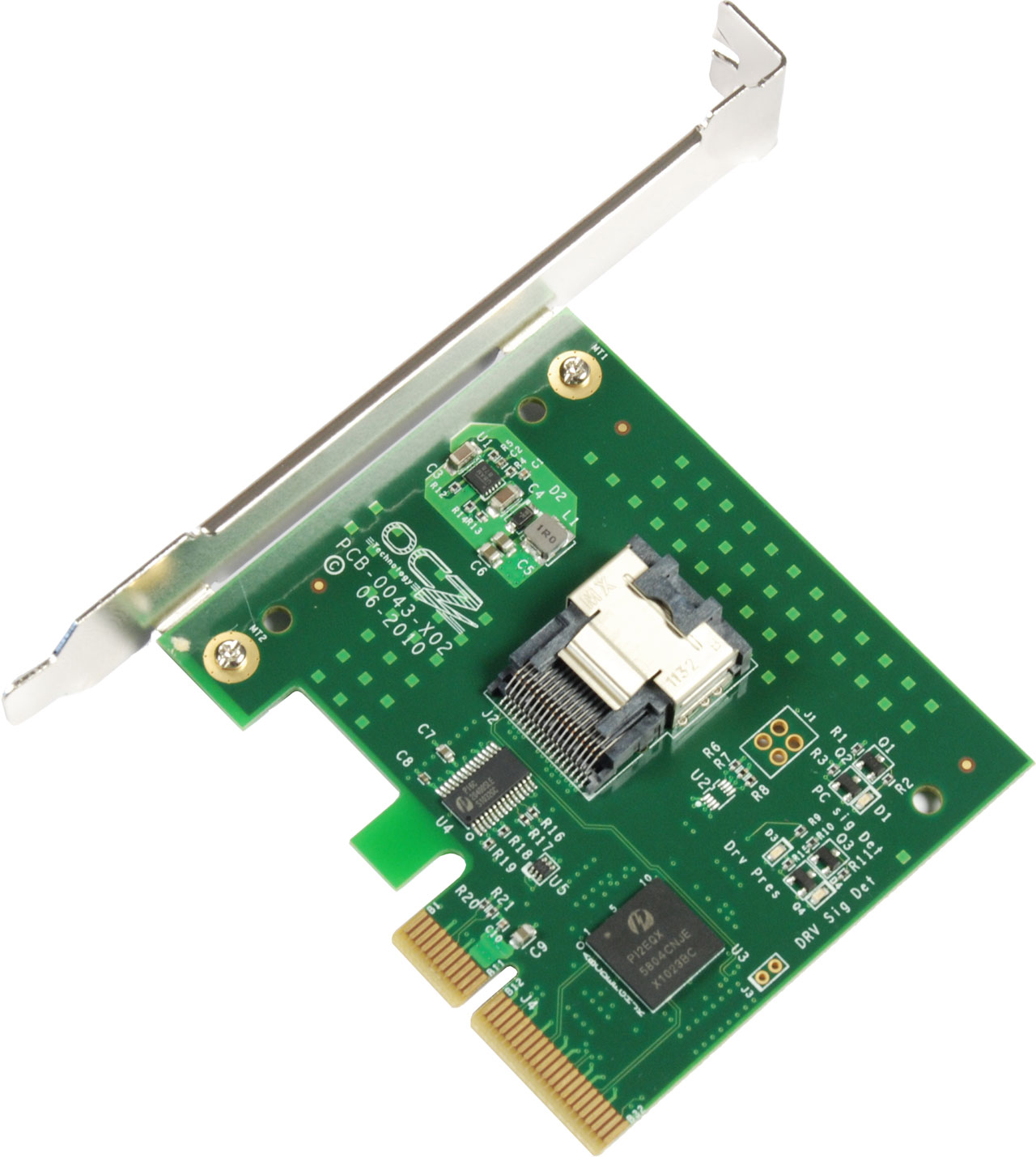Three PCI Express-Based SSDs: When SATA 6 Gb/s Is Too Slow
When it comes time to hunt down the ultimate in storage performance, you simply cannot settle for standard SSDs. Instead, look to PCI Express-based drives that circumvent the limitations of SATA. We have products from Fusion-io, LSI, and OCZ on the bench.
OCZ Ibis (240 GB)
The Ibis is very similar to OCZ’s RevoDrive X2, which probably would have been more appropriate for this shootout, as the RevoDrive X2 is a physical x4 PCI Express card. RevoDrives are available in 100, 160, 240, 360, 480, 720, and 960 GB capacities, along with 256 GB (220 GB) and 512 GB (460 GB) models. Although capacities and the concept appear very comparable to the products by Fusion-io and LSI, the product concept and positioning is not. Fusion-io and LSI focus on enterprise customers, which require custom firmware and highest class components, while the OCZ Ibis is an out of the box solution for enthusiasts and highest end consumers. It is important to keep this in mind when looking at the test results.
OCZ utilizes a Silicon Image Sil3134 controller to put four Sandforce SF-1200-powered SSDs into a RAID 0 setup. In the case of RevoDrive X2, this is all done on a single card that fits into a four-lane PCI Express 1.1 slot. The Ibis achieves the very same thing, but it puts the RAID controller onto a small four-lane PCI Express 1.1 add-in card, while the SSDs are located in a small external box attached via OCZ's HSDL interface.
OCZ says that there are indeed users who do not want to handle a vulnerable storage card, with all of its parts exposed, but instead prefer something solid and sealed-up. The Ibis definitely works out well then. It connects to the included Silicon Image storage controller through OCZ’s HDSL link. You will find detailed information on the technology in our article A New Storage Link For Super-Fast SSDs. In a nutshell, HSDL is an interpretation of PCI Express that can be utilized outside of a PC or from an expansion slot to a backplane using SFF-8087 SAS connectors. We like the approach, as it utilizes standardized hardware to do something new and valuable: increase storage performance.
If you think the Ibis is out of place in this comparison to several-thousand-dollar cards, our conclusion may surprise you.


Get Tom's Hardware's best news and in-depth reviews, straight to your inbox.
Current page: OCZ Ibis (240 GB)
Prev Page LSI WarpDrive Acceleration Card SLP-300 (300 GB) Next Page New AS SSD Benchmark

